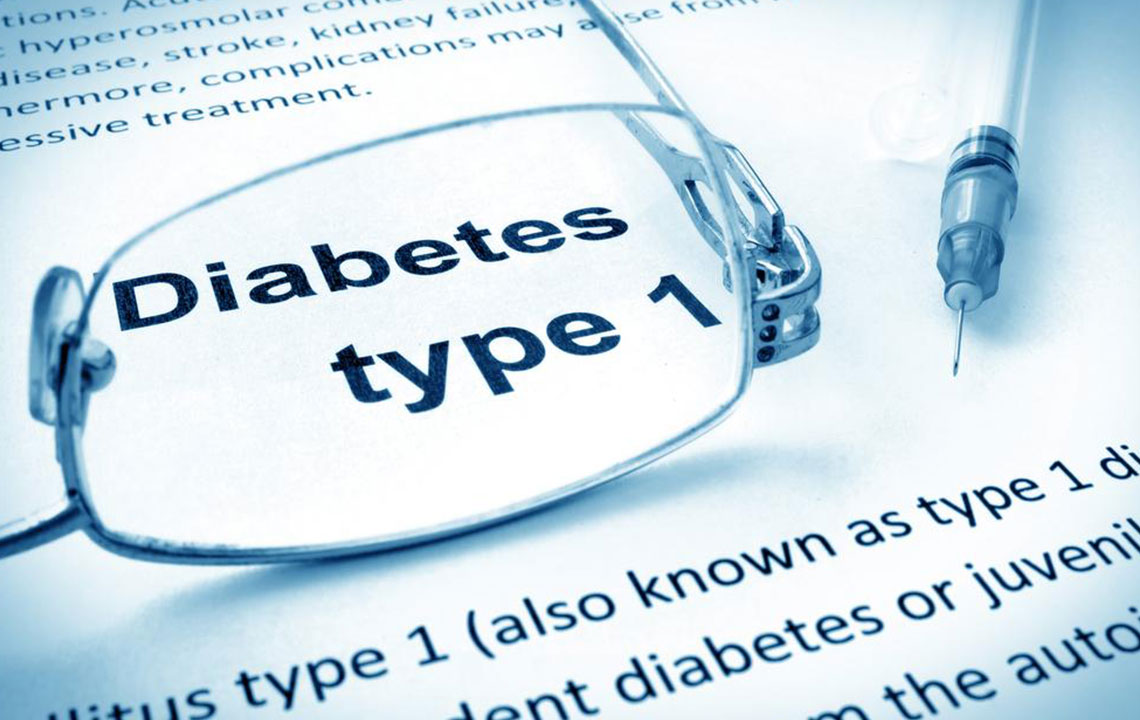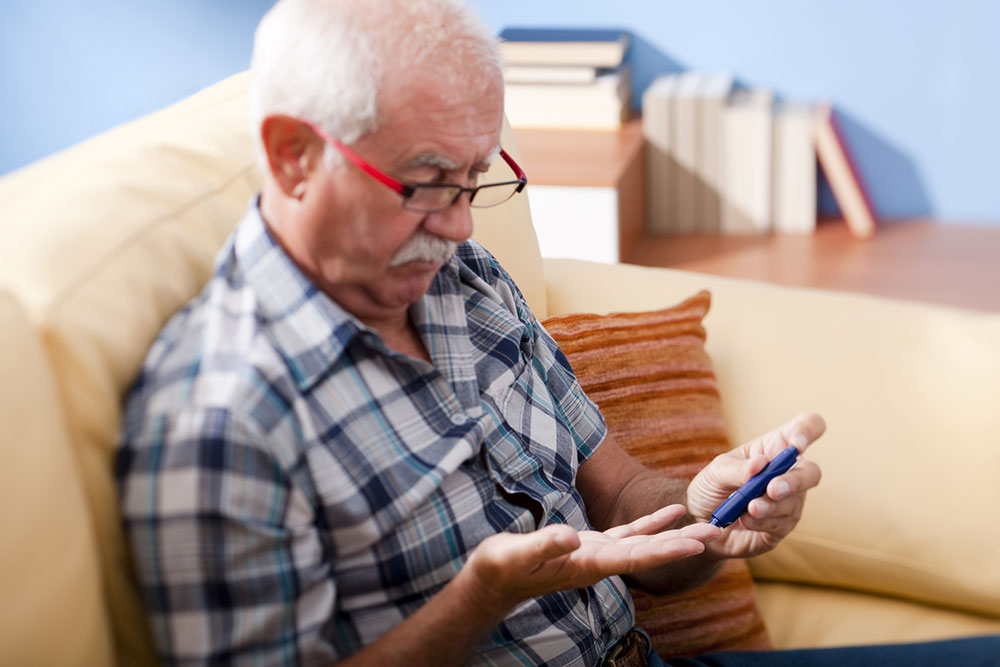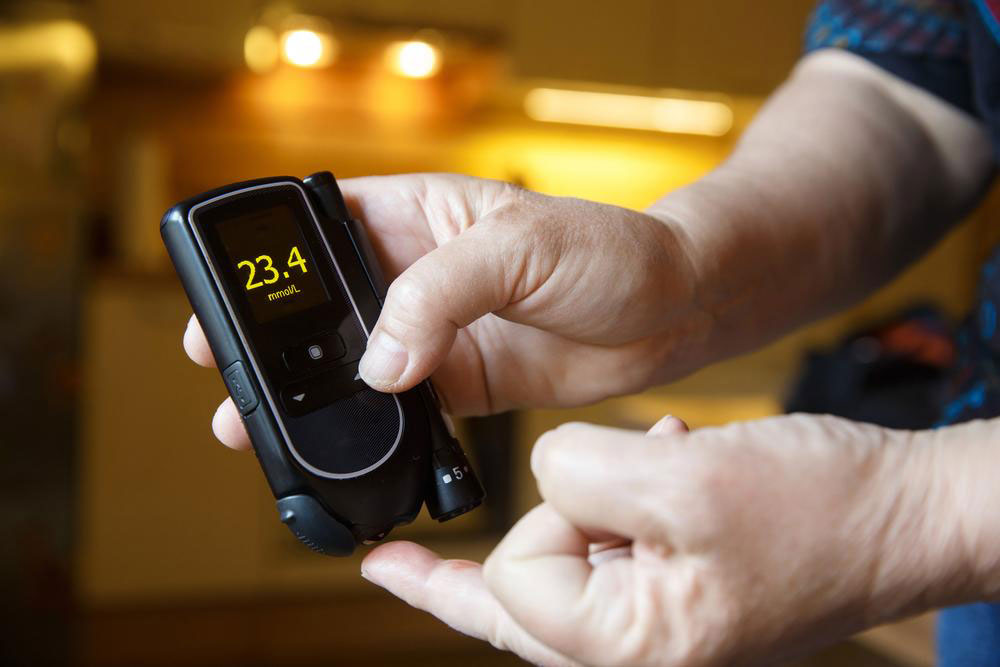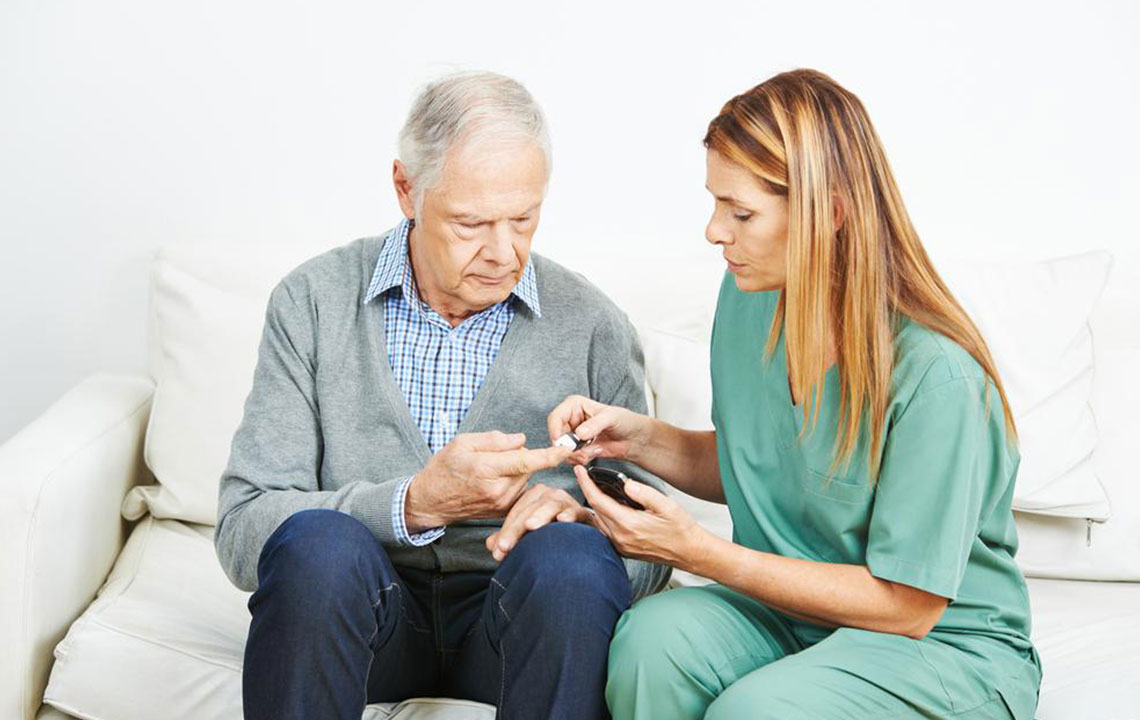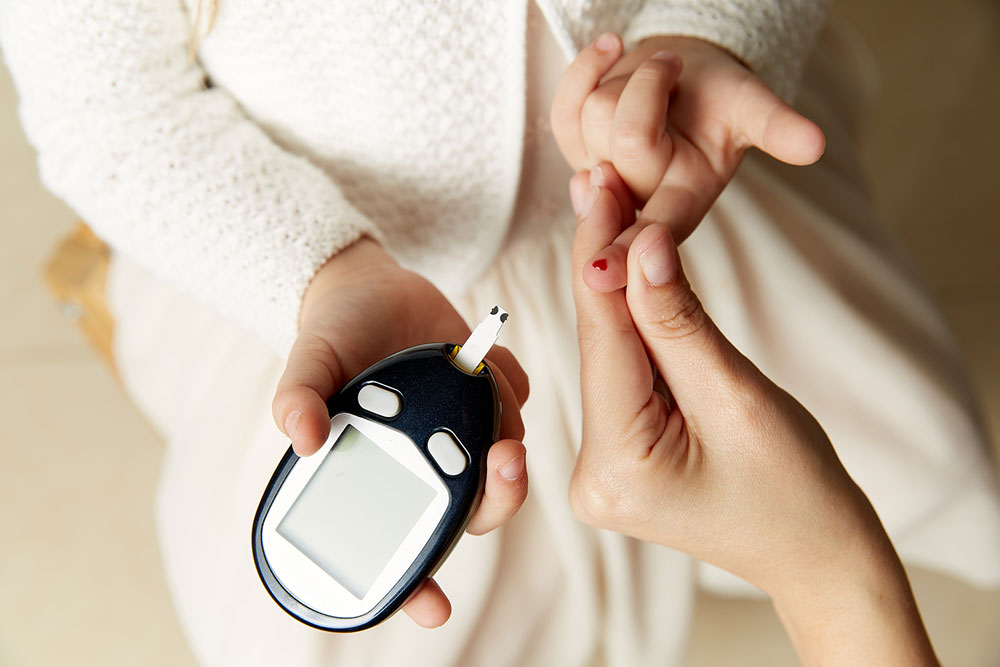All You Need to Know about Diet for Type 2 Diabetes
When you have diabetes, what you consume matters a lot. When you design a diet, you must focus on four important aspects and they include intake of carbohydrates, fat, salt and fiber. When you are diagnosed with type 2 diabetes, diet changes are necessary. You often get a lot of advice on the endless list of tasks to be followed. Some of them are taking medication, quitting smoking, exercising, following a balanced diet, and much more.
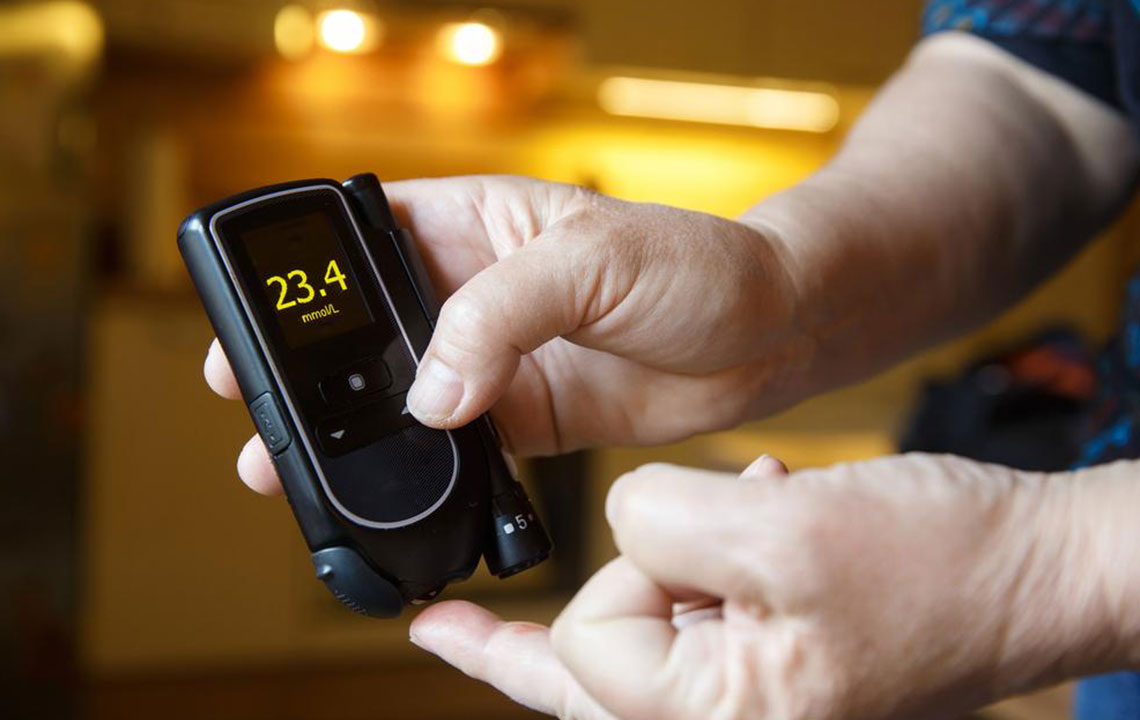
The reasons behind making the necessary dietary changes
Earlier, there were a lot of misconceptions about the types of foods that one should consume. Most patients went back home with a lot of instructions what to eat and what not to eat. They were not allowed to eat sugar anymore in their lives. The medical research studies have made things really simple today. Instead of all those do’s and don’ts, you can forward with a healthy and balanced diet. The key is to make qualitative changes to your food choices and these changes must be capable of providing good results in the long term. The type 2 diabetes diet can vary from to person depending on their existing diet and the objectives he/she has set. The diet changes are made to achieve effective blood glucose control, healthy blood fat levels, balanced blood pressure and maintain correct weight.
Items to be avoided in type 2 diabetes diet
Before you were diagnosed, you might have felt thirsty more than usual most of the time. It is always advisable to eliminate the habit of taking sugary drinks and fruit juices for quenching your thirst. This practice increases your blood glucose levels very high in a quick manner and it makes you obese as well. In place of sugary drinks, you need to consume water, diet soft drinks, and sugar-free drinks. There are many foods branded as ‘diabetic’ but most of these foods contain a lot of fat and calories and they may create a negative effect. Further, they are highly expensive and offer a laxative effect. The best approach is to depend on your usual foods.
Best foods to be taken for breakfast, lunch, and dinner
There is no need to refrain from eating all your favorite foods when you have diabetes. You can enjoy your usual foods but healthier options must be consumed. For breakfast, you can take a bowl of cereal along with semi-skimmed milk. Another option is to eat two slices of wholegrain toast in combination with jam or spread. Having some fruits and a fat-free yogurt is also a good option. When it comes to lunch, you can have soup and a roll. Another effective choice is to consume a chicken or ham salad sandwich. You can also about think about a small pasta salad and there are options like soup and a roll or a fat-free yogurt and a piece of fruit. For dinner, lasagne and salad can be taken or you can choose roast chicken with vegetables and potatoes. Other options include curry and rice, noodles and salmon, salad and chicken tortillas or rice, vegetables and beef stir-fry.
Switch to a healthy way of eating without feeling any marked difference
So the options are plenty and the key is to make the choices and combinations. All these food ideas may not be completely different from what you normally have been consuming. The vital factor is that your favorite dishes must be adapted to be healthier without making any drastic changes. You may not even feel the difference. The salt, sugar and fat contents should be reduced and you must add an increased number of vegetables and fruits. Last but not the least; the portion size needs to be reduced. If you can introduce these changes without going over the top, you are moving in the right direction. Radical changes in the type 2 diabetes diet immediately after the diagnosis make it really difficult for you stick to the plan on a long-term basis. You must start gradually to make healthy eating a habit.
It is not all mandatory to take snacks between breakfast, lunch, and dinner if you are not under any medication for type 2 diabetes. When you are using specific medications, there is a chance for a risk of reduced blood glucose also called hypos. In such a situation, you have to take a snack. Nevertheless, if you get compelled to consume snacks regularly to prevent hypos because of the medication, you must talk to your doctor. Managing weight effectively becomes a difficult task with regular consumption of snacks and it adversely affects the process of managing your diabetes. If you really feel hungry in between meals, you can take a piece of fruit or fat-free yogurt or rice cake as a snack. When you focus on all these important aspects, following a healthy type 2 diabetes diet plan becomes an uncomplicated process.
